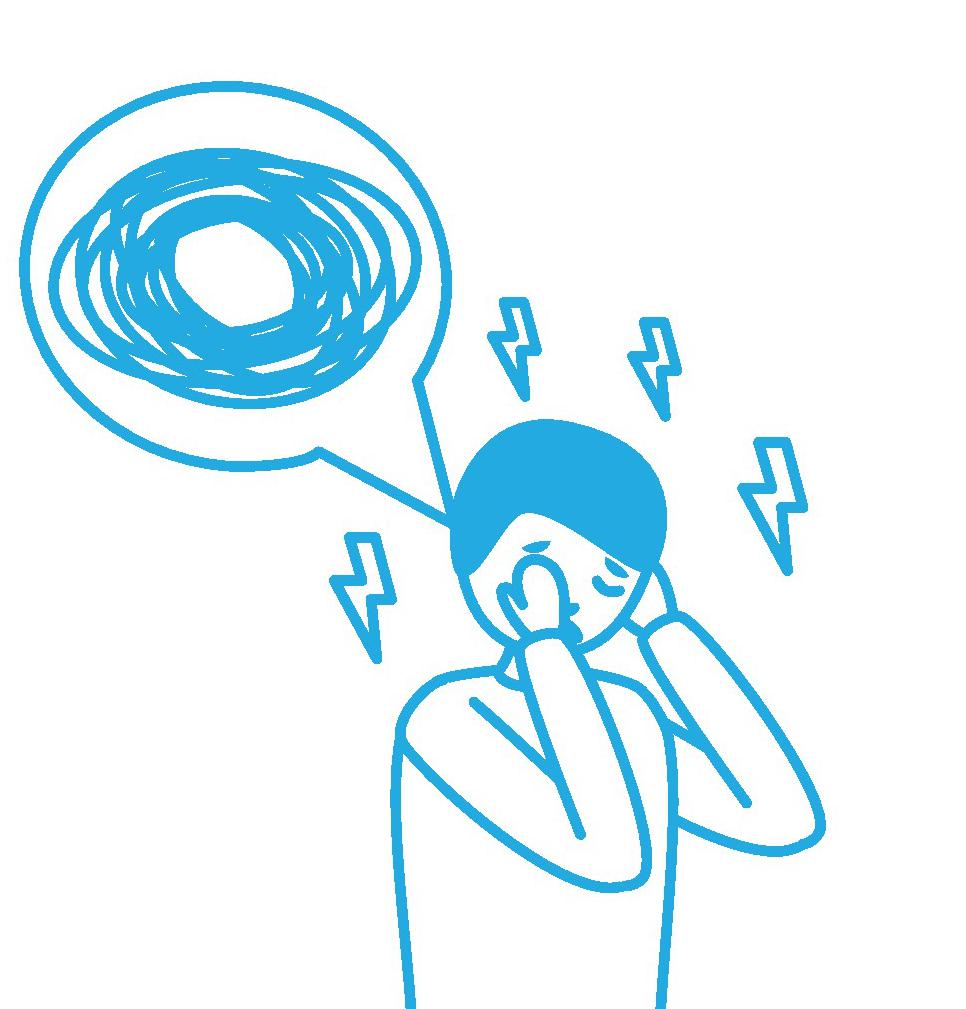
Mental-health professionals typically encounter a patient at one point in the patient’s life — when they come in for treatment, or when they sign up to take part in one of our studies. At that time, we make heroic efforts to diagnose each person’s presenting condition correctly. We do this because our thinking is that their diagnosis adequately represents their psychopathology As a result, most research hypotheses and most treatment protocols tend to be tailored to a single presenting diagnosis (for example, ADHD, depression, alcohol dependence), or maybe a couple of comorbid ones (depression + alcohol dependence).
■ mental disorder
Your organisation does not have access to this article.
Sign up today to give your students the edge they need to achieve their best grades with subject expertise
Subscribe




